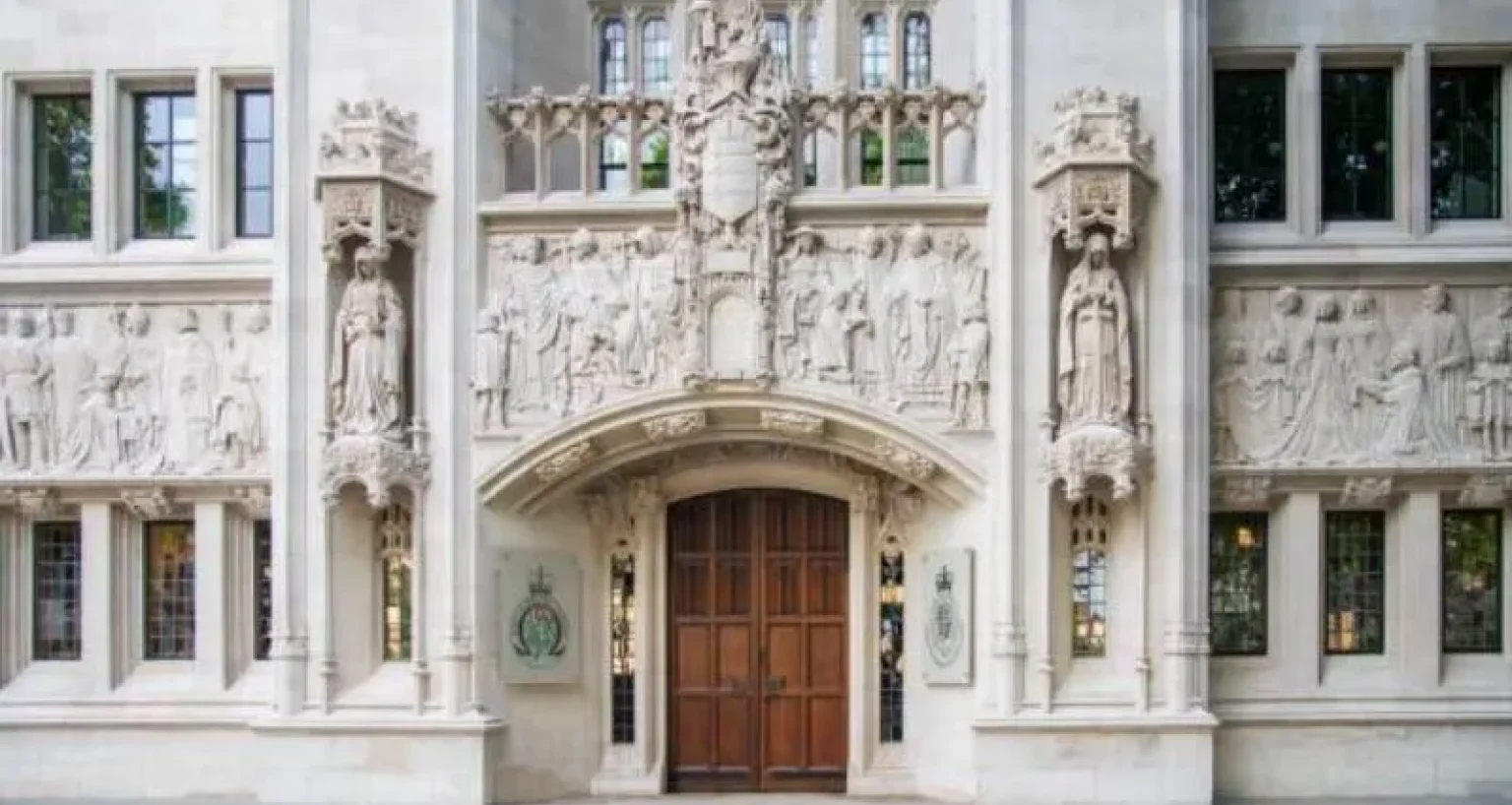On 26th July, the Supreme Court handed down its eagerly awaited judgment in the case of PACCAR Inc & Ors v Competition Appeal Tribunal & Ors. (Also see: FCJ responds to Supreme Court Judgement in Paccar Inc & Ors v Competition Appeal Tribunal & Ors).
In a majority ruling, the court concluded that the Litigation Funding Agreements (LFA) before it fell within the statutory definition of Damages Based Agreements (DBAs). Prior to the PACCAR ruling it was generally considered that LFAs are not DBAs. This change has two regulatory consequences. First, unlike LFAs, DBAs must comply with the Damages Based Agreement Regulations 2013, and litigation funders will now need to ensure they comply with these regulations. Second, DBAs are prohibited for opt-out competition class actions.
The underlying dispute relates to the opt-out competition class action that has been brought in the slipstream of the European Commission’s finding of anti-competitive conduct among certain manufacturers of trucks between 1997 and 2011. July’s Supreme Court judgement concerned the fundingof the claim. Specifically, it sought to answer whether the LFAs in place were DBAs. To answer that question, the court needed to consider whether the funders were providing “claims management services” under the Compensation Act 2006. The Supreme Court determined that litigation funding does indeed fall within the definition of such services, which includes “the provision of financial services or assistance”, concluding that the LFAs were DBAs. The lower courts judged otherwise, but the Supreme Court is the final arbiter on this issue and there will not be any further appeals.
The full impact of the decision remains to be seen, but litigation funders will be carefully reviewing their agreements in order to argue either that their LFAs are not DBAs or that they comply with the DBA regulations if they are. A particular concern will be where litigation funders abandon current, ongoing litigation. Where a party abandons a claim, they are typically ordered to pay the majority of the legal costs of the other side, meaning that claimants who have already received funding may be exposed to costs.
Fair Civil Justice (FCJ) will continue to monitor the effect of the Supreme Court judgement. We hope that the ruling will lead to a greater focus on litigation funders and their activities. In the words of executive director Seema Kennedy OBE: “This is a welcome judgment from the court. Litigation funding is essentially unregulated in the UK, and this ruling should prompt introduction of a regulatory regime with suitable safeguards to protect consumers, business and the public sector – while protecting access to justice.”



